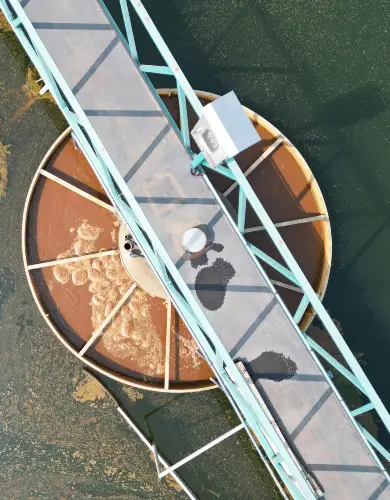VAT on Business Energy
Business energy rates are often a significant overhead to businesses, and making sure you understand the VAT implications of energy is important.
Here’s our guide to how VAT is treated on business energy suppliers’ bills.
What is VAT?
VAT, or value-added tax, is a consumption tax levied on goods and services sold in the UK. Generally speaking, an additional 20% of the price of all goods and services purchased by consumers will be collected as a tax.
For most VAT-registered businesses, any VAT paid on goods purchased will be recoverable from the tax authorities, and any VAT collected on goods sold will be payable to HMRC.
You can also read our comprehensive guide to VAT on Solar Panels for Business to understand how this can affect your business.
How much VAT do you pay on business energy rates?
Business suppliers will automatically add VAT at the standard rate of 20% to all business energy bills.
However, there is an exception; businesses in the following scenarios will qualify to pay VAT at the reduced rate of 5% on energy bills:
- Charities and not-for-profit organisations.
- Where the majority of your energy is consumed for domestic purposes.
- Businesses with low energy usage.
Can I get a discount on VAT for business energy rates?
Some businesses are eligible for a discount on VAT on electricity and gas bills. The eligibility criteria for a VAT discount are:
- Charitable organisations.
- Where the electricity or gas is being used for domestic purposes.
- Small businesses that use less than 145kWh of gas or 33kWh of electricity per day on average.
You can claim a reduced rate of VAT using a VAT declaration form, which can be requested from your business energy supplier. The VAT declaration form can also be used to reclaim back VAT previously paid at the standard rate.
Do business electricity and gas quotes include VAT?
No, the quotes presented in the AquaSwitch business energy comparison and business gas comparison services are quoted before VAT. The reason for this is most businesses are VAT registered and fully recover any input VAT charged on business energy bills.
Are business energy rates VAT exempt or zero rated?
Goods and services sold in the UK can be treated in one of the following four ways for VAT:
- Standard rated – A tax of 20% added to the price
- Reduced rated – A tax of 5% added to the price
- Zero-rated – A tax of 0% added to the price
- Exempt – The goods or services being supplied is outside the scope of VAT rules
Business electricity prices and commercial gas rates are charged as a standard-rated supply, with 20% of VAT being added to business electricity and gas bills.
Businesses can apply to be charged VAT at reduced rates in exceptional cases.
Should my business be VAT registered?
A VAT registered business is one that submits quarterly VAT returns to HMRC. A VAT-registered business will add VAT to all its products and services sold while recovering VAT charged on purchases.
A business must register for VAT if its taxable turnover exceeds £85,000 per annum. It’s often beneficial for new companies to register despite being under this threshold to allow the recovery of VAT spent on business purchases.
What is the Climate Change Levy?
The Climate Change Levy is an additional tax added to all business energy bills where VAT is charged at the standard rate of 20%.
Unlike VAT, the Climate Change Levy is charged per kWh of energy consumed. From 1 April 2021, the Climate Change Levy is charged at a rate of £0.00775 and £0.00465 per kWh of electricity and gas consumed respectively.
Each business energy supplier automatically calculates the Climate Change Levy on bills.

